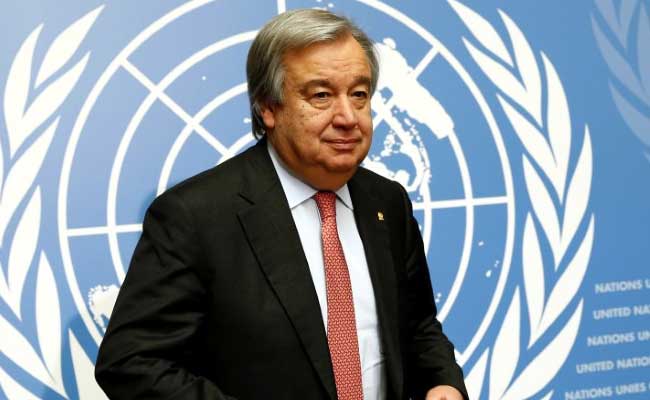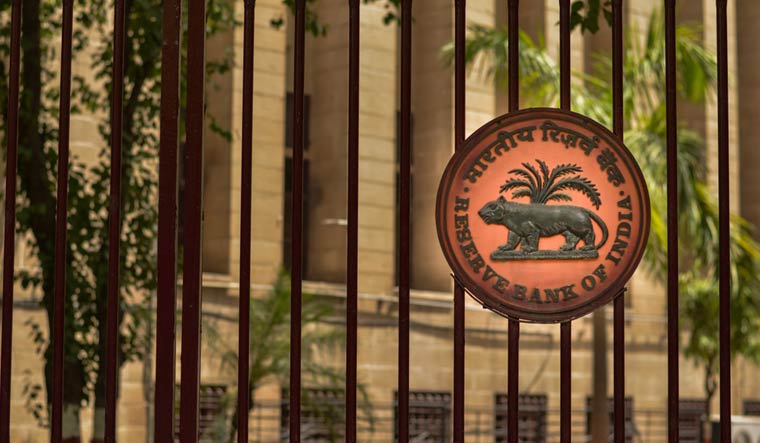Fewer locals, more officers from outside, The Jammu and Kashmir cadre of the All India Services has ceased to exist.
Kashmir was on the boil in August 2008. Protests had
erupted over the transfer of 99 acres of forest land to the Amarnath
Shrine Board, which managed a popular Hindu pilgrimage site in the
Valley. In response, groups in Jammu had blocked the highway to Kashmir,
choking off supplies to the region.
To protest the economic
blockade, on August 11, over two lakh people marched through North
Kashmir’s Baramulla district towards the Line of Control with Pakistan.
The security forces opened fire on them, killing five protesters,
including a leader of the Hurriyat Conference, Sheikh Abdul Aziz.
Advertisement
As
the news came in, Latief U Zaman Deva, the district magistrate of
Kulgam in South Kashmir, summoned local officers from security agencies
like the army and the police. He told them curfew was being imposed in
Kulgam, much like the rest of Kashmir, “but with the direction that you
will not use force in case it is breached”.
Deva, who hailed from
neighbouring Anantnag district, understood the need to handle the
situation carefully. He decided not to forcibly restrict people from
protesting peacefully against Aziz’s killing the next day. “I allowed
people to take out processions, assemble in Jamia Masjid Kulgam, deliver
speeches, etc,” he recalled.
Instead of the security forces
manning sensitive locations in Kulgam, civilian officers and friendly
residents were deployed to guard public properties and keep the peace.
Deva stayed in touch with prominent local leaders through the day.
“The
net result was that despite protests and marches, nothing untoward
happened in Kulgam,” said Deva, now retired from the Jammu and Kashmir
cadre of the Indian Administrative Service. In the rest of the erstwhile
state, 15 protesters were killed in firing by police and paramilitary forces that day.
No more J&K cadre
On
January 7, the Union government promulgated an ordinance enabling the
merger of the Jammu and Kashmir cadre of the All India Service officers
with the AGMUT cadre. AGMUT stands for Arunachal Pradesh, Goa, Mizoram
and Union Territories.
The All India Services include the Indian
Administrative Service, the Indian Police Service and the Indian Forest
Service. While most appointments to these services are made centrally
through examinations held by the Union Public Service Commission, the
selected officers can pick the state cadres they wish to belong to. An
officer assigned to the Tamil Nadu cadre, for instance, will spend most
of their career working within the state.
Like other states in
India, the erstwhile state of Jammu and Kashmir had its own cadre for
the All India Services. Given its special constitutional status,
however, only 50% of its All India Service officers were direct recruits
chosen through the UPSC exams. The other half came from Kashmir
Administrative Service officers who were promoted into the All India
Services. In other states, 67% of the officers are direct recruits while
only 33% are officers inducted from the state services.
When
Jammu and Kashmir lost its special status on August 5, 2019, it also
became subject to the 67:33 rule, reducing the number of positions
available for Kashmir Administrative Service officers.
Advertisement
Now,
with the Jammu and Kashmir cadre itself being merged into the AGMUT
cadre, which represents three states and eight Union Territories, the
presence of Kashmiris in key bureaucratic positions within the Valley
stands to erode further.
“It means the officers from across the
AGMUT cadre can be posted at any point of time in Jammu and Kashmir,”
explained Mohammad Shafi Pandit, the first Kashmiri Muslim to clear the
Indian Administrative Service examinations in 1969.
More often than not, Kashmiris who cleared the UPSC exams,
like the former bureaucrat-turned-politician Shah Faesal, chose the
Jammu and Kashmir cadre. This ensured Kashmiri presence even among the
50% of direct recruits into the All India Services in the erstwhile
state. But this will change, since Kashmiris who opt for the AGMUT cadre
may not be posted in their home region.
“Now, the government has a
larger pool from which they can choose officers to serve in Jammu and
Kashmir,” said a retired bureaucrat from Kashmir, who requested
anonymity. “Put simply, Jammu and Kashmir will have more non-local
officers serving here.”
The local factor
There is already disquiet over Kashmiris disappearing from the top ranks of government, as Scroll.in reported
previously. The Union Territory administration is currently led by
lieutenant governor Manoj Sinha, a Bharatiya Janata Party politician
from Uttar Pradesh, and his advisors, none of whom is from the Kashmir
Valley. A change in the composition of the civil services will only
deepen the disquiet, said former bureaucrats.
Mohammad Shafi
Pandit, who went on to become the chief secretary of Jammu and Kashmir
before he retired in 2009, said most governments understood the need for
the presence of local officers at the higher levels of governance. “In a
sensitive place like Jammu and Kashmir, which has had problems all
along from 1947, it has always been necessary to have somebody who can
comport with the local people and understand their problems,” he said.
Governments
even strove to ensure “balance was always maintained both in Jammu and
Kashmir”, he added. “Suppose in Kashmir, if you had one Muslim officer
at the top, you would have one non-Muslim officer at other top rank as
well… Those considerations seem to have lost relevance all together
now.”
Even though many Kashmiris view civil servants with
suspicion, indifference, even hostility, local officials stood a better
chance of handling difficult situations, said former officials. They
were able to forge informal relationships with key leaders. There are
numerous instances when such relationships were put to use in favour of
the government.
Advertisement
Former
deputy inspector general of Jammu and Kashmir police, Ali Mohammad
Watali, offered an example from his tenure as the police superintendent
of Baramulla district.
“It was long before the militancy
erupted,” recalled 88-year-old Watali. A religious leader had given a
call to shut down the only liquor shop in Sopore town. “When I came to
know about it, I went to Sopore and talked to people. I found a lot of
support for the call.”
Before the chorus for shutting down the
liquor shop in the volatile area could gain steam, Watali did the
unexpected: he locked up the shop himself. “There was an uproar from
many in the government [who asked] how could I do it. I told them it is
my discretion and since its shutting down is in the interest of law and
order, I decided to lock it down.”
While he had diffused a
potentially volatile issue from spiraling into a larger crisis in his
jurisdiction, the trouble was far from over. The leader was quick to
extend his call to shut down all liquor shops in Kashmir valley. The
next day, he led a massive procession in Sopore, gathering outside the
police station to court arrest with his followers.
Advertisement
Watali
told the leader since he had not committed any crime, he could not
arrest him. “Since I knew him well, he whispered in my ear, requesting
me to take him into custody as it won’t look good before his
supporters,” the former police officer recalled.
But Watali wanted
to go by the procedure under law – he told the leader that if he
blocked the main road and brought transport to a halt, it could be
registered as a crime. “You won’t believe it,” he said. “That’s exactly
what he did and we arrested him.”
At the police station, Watali
offered him tea and counselled him before letting him go. “I told him it
doesn’t befit a tall leader like him to talk about small issues like
alcohol ban and all.” That was the end of the anti-liquor protests.
“We
restored peace by personal influence,” said Watali. “The personal
influence depends on your relationship with the people and that can only
happen if you are a local.”
The need for such interventions grew in the post-militancy years, said former civil servants.
Away from home
Another
implication of the merger of the Jammu and Kashmir cadre into the AGMUT
cadre is that Kashmiris who clear the All India Services Exams now have
reduced chances of getting an opportunity to serve within their home
region. “Even if Kashmir Administrative Service officers are inducted
into the IAS, it will mean that they too will have to serve in different
parts of the country other than Jammu and Kashmir,” said the retired
bureaucrat.
This aspect could weigh on the minds of future civil
service aspirants in Jammu and Kashmir, said Rouf Ahmad. The young man
from Ganderbal district had made a bid for the Kashmir Administrative
Services in 2016, but did not qualify.
Source: https://scroll.in/article/984520/kashmir-gets-a-new-bureaucracy-fewer-locals-more-officers-from-outside


























